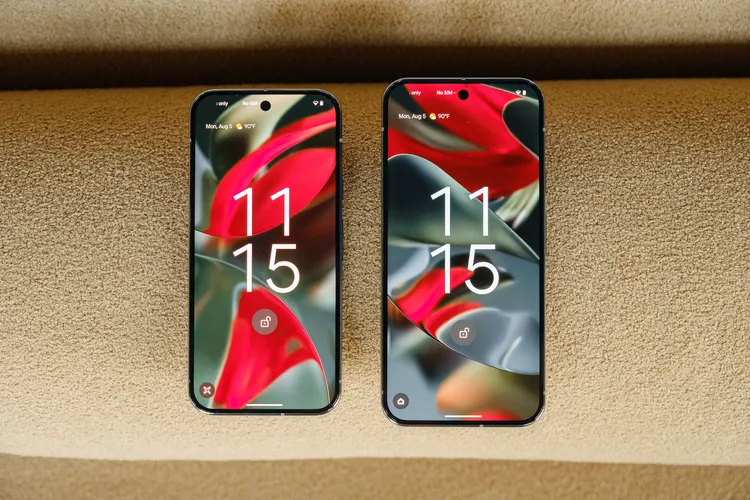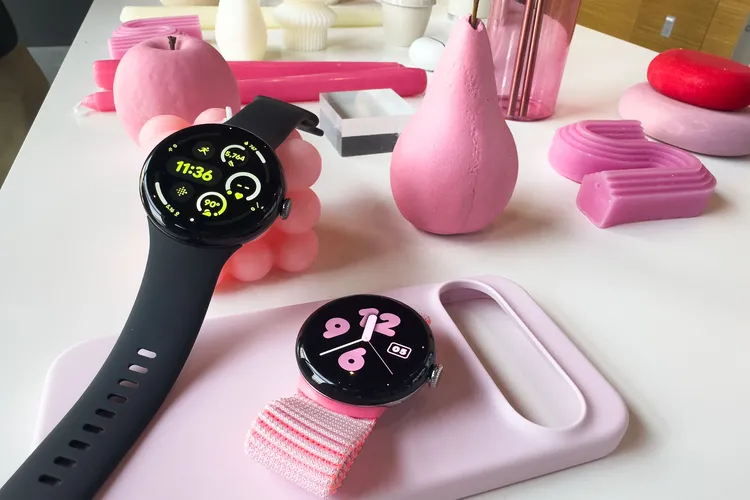Summary
Google has recently concluded its Made by Google hardware event, during which they provided an official preview of the updated Pixel 9 lineup and revisions to their other devices. Despite the fact that the Pixel event verified numerous disclosures that have been observed over the past few weeks, Google still made some announcements that have not yet been disclosed.
A comprehensive summary of the most noteworthy developments from Google’s Pixel 9 event is provided below.
Another Pro option is available in Google’s Pixel 9 lineup.

Google has finally unveiled its Pixel 9 lineup, which comprises three slab phones and a folding phone. A main Pixel 9 with a 6.3-inch display, a Pixel 9 Pro XL with a 6.8-inch screen, and a new, smaller Pixel 9 Pro option measuring 6.3 inches comprise the standard lineup. Google’s updated G4 Tensor engine, an improved battery life, and a new satellite SOS feature are all included in the trio of devices. Additionally, the camera enclosure has been redesigned to an ovoid shape.
Although the Pixel 9’s initial price of $799 is $100 higher than that of the previous year’s model, the Pixel 9 Pro is priced at $999, and the Pro XL will be priced at $1,099 and above. The Pixel 9 and 9 Pro XL will be available for purchase on August 22nd, while the Pixel 9 Pro will be available in September.
The Pixel 9 Pro Fold boasts a reduced profile and larger displays.
Google unveiled the Pixel 9 Pro Fold in addition to three new conventional Pixel devices. The updated Fold is leaner and taller than its predecessor, with displays that are significantly larger, measuring eight inches on the inside and 6.3 inches on the outside.
The inner display of the device, which is also equipped with a G4 Tensor processor, boasts a higher peak luminance of 2,700 nits than that of the original Pixel Fold, which was 1,450 nits. The Pixel 9 Pro Fold ships on September 4th for $1,799.
AI features galore

The Gemini AI assistant is a standard feature of Google’s new Pixel devices. It enables users to inquire about a photo they have recently taken or locate information within their applications. In addition, the Pixel 9 lineup includes two new AI applications: Pixel Screenshots, which employs on-device AI to enable users to search for information within saved screenshots, and Pixel Studio, a text-to-image generator app.
The Pixel 9 lineup’s enhanced cameras were complemented by AI image editing tools from Google, including a “Add Me” option that combines two scenes to include an individual in a group photo. The Magic Editor in Google Photos now enables the replacement of entire sections of a photo, such as the sky, using generative AI.
Google Pixel Watch 3 has a larger 45mm option

Google’s Pixel Watch 3 is available in both a 41mm and a 45mm size. The Pixel Watch 3 boasts a new ultra wideband processor, a brighter display that reaches up to 2,000 nits, and a plethora of new fitness features, in addition to thinner bezels that provide more screen real estate.
A notable feature of the Pixel Watch 3 is its capacity to detect when the wearer’s pulse has ceased. This feature enables the device to contact emergency services if the wearer fails to respond to a prompt to check in and the device does not detect any movement. Initially, this feature will be implemented in Europe. The 41mm Pixel Watch 3 is priced at $349.99 with Bluetooth, while the 45mm watch is priced at $399.99. On September 10th, both sizes will be accessible.
The Pixel Buds Pro 2 undergo internal and external enhancements

Google’s Pixel Buds Pro 2 are not only smaller and lighter, but they also feature 11-millimeter transducers and a new Tensor A1 processor that is designed to enhance active noise cancellation (ANC). Additionally, the new earphones offer up to eight hours of audio playback with ANC enabled (or up to 30 hours with the case), as well as a wing fin design that should ensure they remain in your earbuds during a workout.
The Pixel Buds Pro 2 are priced at $229, which is slightly higher than their predecessors, which were initially released at $200. They will commence shipping on September 26th.
Gemini’s voice messaging feature is introduced by Google

Gemini Live, which was initially introduced by Google at I/O in May, is currently being implemented for Gemini Advanced subscribers. You can now ask Google’s AI assistant queries out loud using the new voice messaging option, and it will respond using one of 10 distinct voices. Gemini Live, similar to ChatGPT’s voice assistant, enables conversational communication and allows for interruptions in mid-sentence.